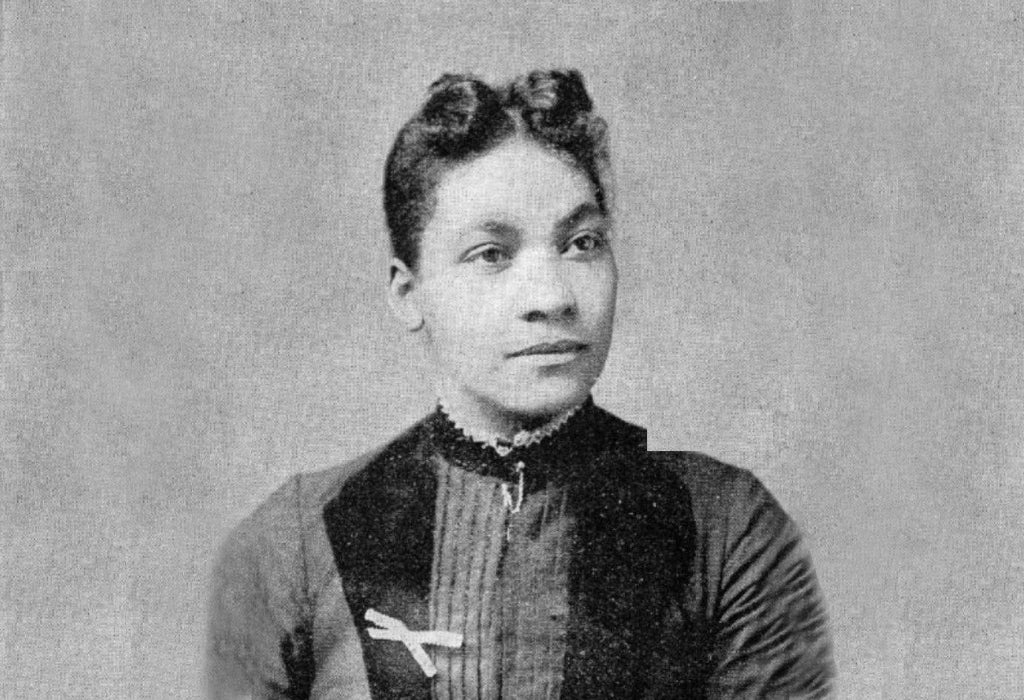
5 Black Women Who Changed Medicine
Share
Black women have played a pivotal role in shaping medical history, often without the recognition they deserve. As we aim to illuminate the contributions of these trailblazers, we honor the lives and legacies of five extraordinary women who have left an indelible mark on healthcare.
Dr. May Edward Chinn (1896-1980)
Dr. May Edward Chinn was the first African American woman to graduate from the University of Bellevue Hospital Medical College. Despite facing racial and gender discrimination, she forged a path in cancer research and early detection methods. Dr. Chinn's perseverance not only opened doors for future generations of women in medicine but also contributed significantly to our understanding of cancer treatment.
Dr. Muriel Petioni (1914-2011)
Known as the "mother of medicine" in Harlem, Dr. Muriel Petioni was a fierce advocate for community health, dedicating her career to improving healthcare access and outcomes for African American communities. Her work in founding medical societies and her commitment to educating future healthcare professionals have solidified her legacy as a cornerstone of community medicine.
Dr. Helen Octavia Dickens (1909-2001)
Dr. Helen Octavia Dickens was a pioneer in addressing teen pregnancy and STD prevention. As the first African American woman admitted to the American College of Surgeons, her dedication to reducing infant mortality and her innovative approaches to public health challenges have left a lasting impact on how we address women's health issues today.
Henrietta Lacks (1920-1951)
Henrietta Lacks' HeLa cells have become one of the most important tools in medicine, contributing to countless medical breakthroughs, including the development of the polio vaccine and advances in gene mapping. Though her cells were taken without her consent, Henrietta's story raises crucial ethical questions about consent and recognition in medical research.
Dr. Rebecca Lee Crumpler (1831-1895)
As the first African American woman to earn a medical degree in the United States, Dr. Rebecca Lee Crumpler challenged the barriers faced by Black women in medicine. Her dedication to treating the underserved and her publication, "A Book of Medical Discourses," mark her as a pioneering physician and author in medical history.
Conclusion
These women, through their resilience and determination, have significantly contributed to the advancement of medicine and public health. They have paved the way for future generations of Black women in healthcare, inspiring us all to continue the fight for equity and recognition in the medical field.
As we celebrate their achievements, let us also commit to remembering and honoring their contributions, ensuring their legacies are not forgotten but serve as a beacon of inspiration and change.
